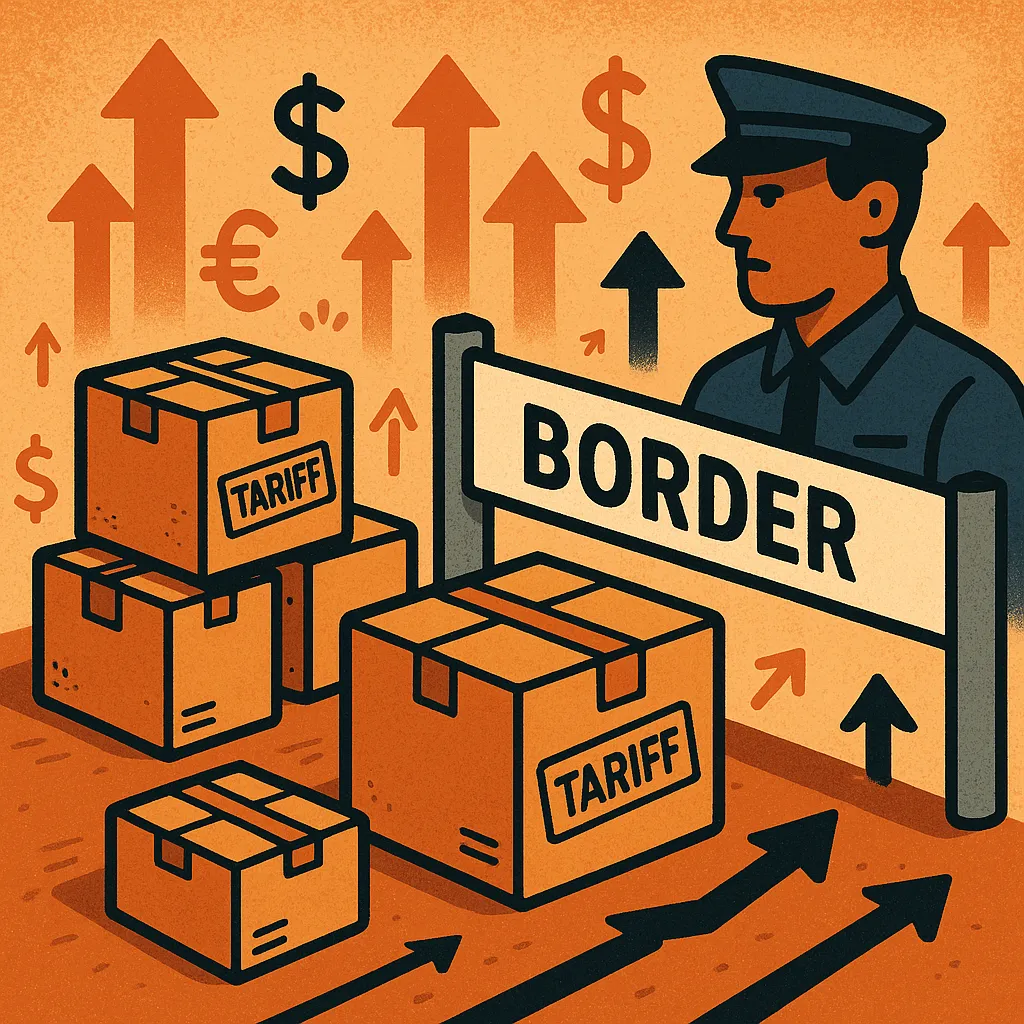End of “De Minimis” Exemption Sparks Global Trade Shake-Up

WASHINGTON, August 29, 2025 - The long-standing “de minimis” exemption, which allowed imports valued at $800 or less to enter the United States duty-free, officially expired today under an executive order signed by President Donald Trump on July 30, 2025.
At 12:01 a.m. Eastern, U.S. Customs and Border Protection began assessing full tariffs and fees on all low-value shipments regardless of origin-ending a provision first established in 1938 to streamline customs processing for trivial imports.
The abrupt termination follows a phased rollback of the exemption for goods from China and Hong Kong in May 2025, which the administration cited as exploited to evade duties and facilitate the entry of illicit substances such as fentanyl.
Immediate Impact
- E-commerce platforms, especially those built around small-parcel shipments like Shein and Temu, now face the same tariff schedules previously applied only to larger freight.
- Major carriers worldwide-including postal services in Europe, Japan, Australia, and Mexico-temporarily suspended U.S. deliveries to update compliance systems.
- Logistics experts warn of pronounced disruptions through end-to-end supply chains, with small businesses lacking resources to absorb new duties bearing the brunt of operational overhauls.
Consumer Costs and Equity Concerns Economists project the change could cost American consumers at least $10.9 billion annually-approximately $136 per household-disproportionately impacting low-income and minority shoppers who rely more heavily on affordable imported goods. The Yale Department of Economics similarly estimated average family expenses could rise by up to $136, with the heaviest burden falling on lower-income zip codes where over 73 percent of purchases fall under $5,000.
Policy Rationale Administration officials argue ending the exemption will:
- Curb tariff evasion and generate an estimated $10 billion in additional revenue for the U.S. Treasury.
- Strengthen national security by tightening controls on small-package shipments that have been linked to narcotics and counterfeit products.
- Create a level playing field for domestic manufacturers and retailers by removing a competitive loophole exploited by foreign sellers.
Transition and Outlook A six-month transition allows postal-service shippers to opt for a flat duty of $80-$200 per item before full ad valorem collection begins. Meanwhile, businesses are racing to reconfigure supply chains and adjust pricing models ahead of peak holiday shipping season.
“Companies have meticulously structured their operations around de minimis-it’s at the heart of e-commerce efficiency,” noted Lynlee Brown, partner at EY’s global trade division. “This policy shift demands urgent realignment of worldwide logistics and compliance frameworks”.
Consumers are encouraged to anticipate price increases, review retailers’ updated shipping policies, and consider domestic sourcing to mitigate new import costs.
Categories
Autos and vehicles Beauty and fashion Business and finance Climate Entertainment Food and drink Games Health Hobbies and leisure Jobs and education Law and government Other Politics Science Shopping Sports Technology Travel and transportationRecent Posts
Tags